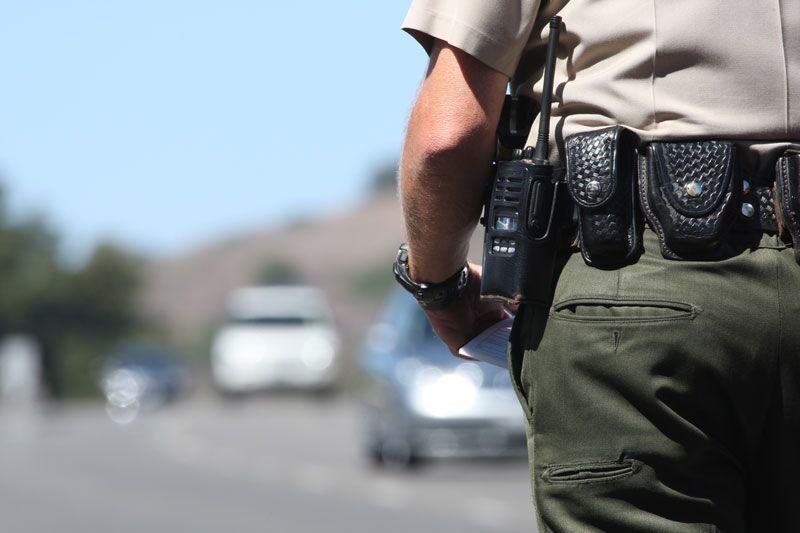Important Steps to Take After Getting a Speeding Ticket
What to do after getting a speeding ticket.
Speeding is one of the most unnecessary and reckless things that a driver can do. Unfortunately, many drivers routinely travel above the posted speed limit. This is why speeding tickets are some of the most common traffic violations that law enforcement issues. While you can easily avoid this whole situation by driving responsibly, here’s what to do after getting a speeding ticket.
Immediately After Being Pulled Over:
- Ask which method the officer used to determine that you were speeding. Document this information.
- Do not talk back and say as little as possible; everything that you say can be used against you if you go to court.
- Be polite; the last thing you want to do is exacerbate the situation by acting aggressively or being uncooperative.
- After the incident, write down all the details that you remember, including the time of day, location, and any other circumstances that might have affected the situation, such as a missing or obscured speed limit sign.
Once you are issued a ticket, you have some options. The easiest thing to do is simply pay the ticket; however, this will result in increased insurance rates. You can also choose to fight the ticket in court or negotiate the penalty.
Going to Court:
If you decide to take the ticket to court, then a prosecutor will have to prove that you are guilty speeding. While you might think that the ticket was unjustified, it is notably difficult to fight speeding violations. If the officer decides not to attend the hearing, then you might be off the hook. However, don’t count on that. You may still have to stand before a judge and undergo questioning. Here are some of the steps that you should take to prepare.
- Gather evidence: The best way to have the ticket dismissed is by providing physical proof that you weren’t speeding. Things like footage from a dashcam or photographic evidence that a speed limit sign was obscured will help your case.
- Research the speed equipment: You should also look up the method that the officer used to determine your speed. You should specifically focus on the weaknesses of this method so you can present them to the judge.
- Arrange witnesses: You can also call in witnesses to testify on your behalf.
- Organize questions: You may also have the chance to question the officer, so plan which questions you will ask. You can use your questions to illustrate faulty memory or lack of training with speed-clocking equipment. Stick to questions with short answers and avoid questions that lead to elaboration.
If all of this sounds like a lot to handle, you can always hire a lawyer to act on your behalf.
Negotiating the Penalty:
“Mitigation” is the practice of making a deal with the court. This allows you to avoid a hearing while negotiating a lower penalty. You may be able to request mitigation before or during your hearing, but whether or not the court agrees is up to them. During mitigation, you must admit your guilt and offer information that would inspire leniency. As a result, you may experience the following:
- Paying the ticket without it affecting your driving record.
- Taking a driving course instead of paying the ticket.
- Having the ticket reduced.
- Receiving more time to pay off the ticket.
This is what to do after getting a speeding ticket. Remember, speeding is never permissible and puts everyone on the road at risk. To keep yourself and other drivers safe, avoid speeding, and make sure you have the right auto insurance protections in place. For assistance with your car coverage needs, contact the experts at Staybull Insurance today.

